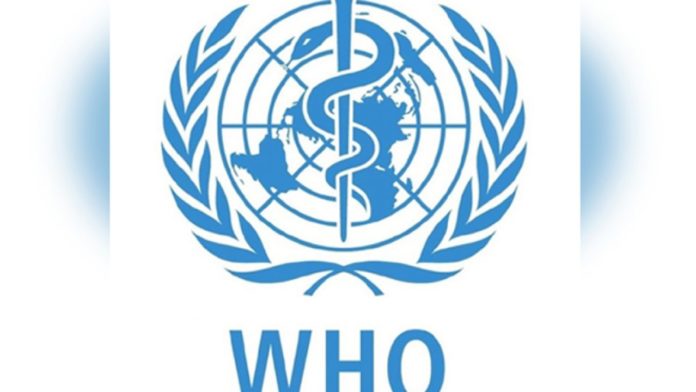By Muhammad Luqman
The World Health Organisation (WHO) has recommended that Pakistan should impose an “intermittent lockdown” to curb the spread of Covid-19, noting that the country doesn’t meet any prerequisites for lifting restrictions that carried out on May 1 and then on May 22
In a letter addressed to the Health Minister of Pakistan’s Punjab province, Dr. Yasmeen Rashid, WHO country head in Pakistan, Dr Palitha Mahipala has said that the coronavirus has spread to almost all districts in the country, with major cities making up a majority of national cases.
“Government intervention on April 12 detailing social distancing measures, including movement restrictions, closure of schools and businesses, international travel restrictions, and geographical area restrictions were instituted with the aim of limiting the spread of the disease.”
However, the lifting of restrictions on May 1, followed by a complete relaxation on May 22, has caused increase in the infection incidence , the letter added.
According to WHO letter, , any government that wishes to lift lockdown restrictions must meet a set of conditions. The letter noted that so far, Pakistan has not met any of the conditions which include:
Disease transmission is under control
Health systems can “detect, test, isolate and treat every case and trace every contact”
Hot spot risks are minimized in vulnerable places
Schools, workplaces and other essential places should have preventive measures
The risk of importing new cases can be managed
Communities are fully educated, engaged and empowered to live under a new normal
“(Now) the positivity rate is high, the surveillance system is weak, there is limited capacity to provide for critical patients and the population is not ready to adapt to change in behavior,” the letter stated, adding that Pakistan’s reproductive number (R), which is an estimate for the number of individuals infected by each carrier, is also greater than 1.
Coronavirus claims 105 more lives while 4,646 new cases reported during past 24 hours#Covid_19 https://t.co/WV2eg7iuu0 pic.twitter.com/ZaLHAdoeWC
— Radio Pakistan (@RadioPakistan) June 9, 2020
The WHO recommended that strategic decisions should be taken to either tighten or loosen public health measures. “These difficult decisions will require the need to balance the response directly to Covid-19 which includes intermittent lockdowns of targeted areas.”
Stressing the need for ramping up testing capacity beyond 50,000 tests per day and strengthening public health measures, the WHO recommended that the government enforce a “two weeks on, two weeks off strategy” as it offers the smallest infection curve.
Pakistan’s coronavirus cases surpassed the 100,000 mark last week. As of June 9, more than 110,000 Covid-19 cases and 2,000 deaths have been reported.
However, while referring to the letter, Punjab Health Minister Yasmeen Rashid that it was important to remember that the recommendations were for the entire country, not just for Punjab.
“I have been telling you since day one that the number of cases [in the province] are increasing, no data is being hidden,” She told newsmen in the eastern city of Lahore on Tuesday.
“The main thing that they have said is to ensure implementation of standard operating procedures (SOPs). This discussion has already taken place. In his last meeting, the Punjab chief minister stressed on taking action in areas where there are violations,” Ms Rashid said.
“The current situation, whatever WHO says, right now we can also treat patients. The purpose of a lockdown is to prevent flooding of hospitals. We have a contingency plan […] right now we have the capacity [to treat patients] and will increase it in the next 10 to 15 days.”
She added that whatever the WHO had said was correct and that the government would “consider” it. It has already been proposed to lockdown areas where a large number of cases are being reported but this decision will be taken by the cabinet committee, she explained.















